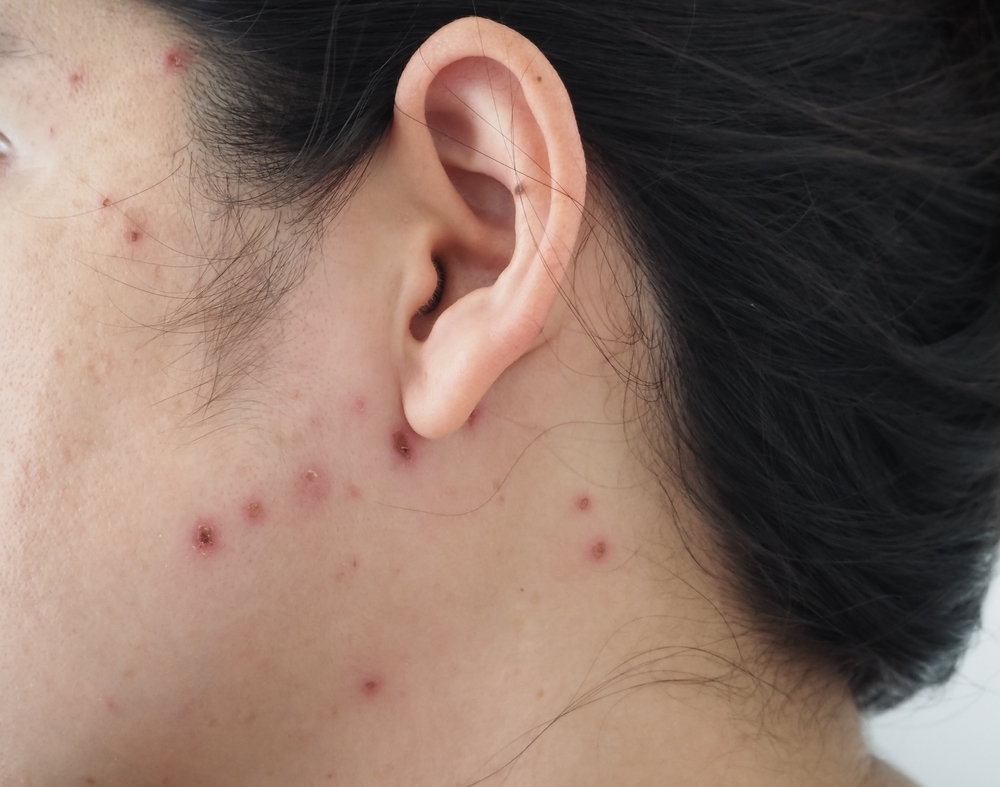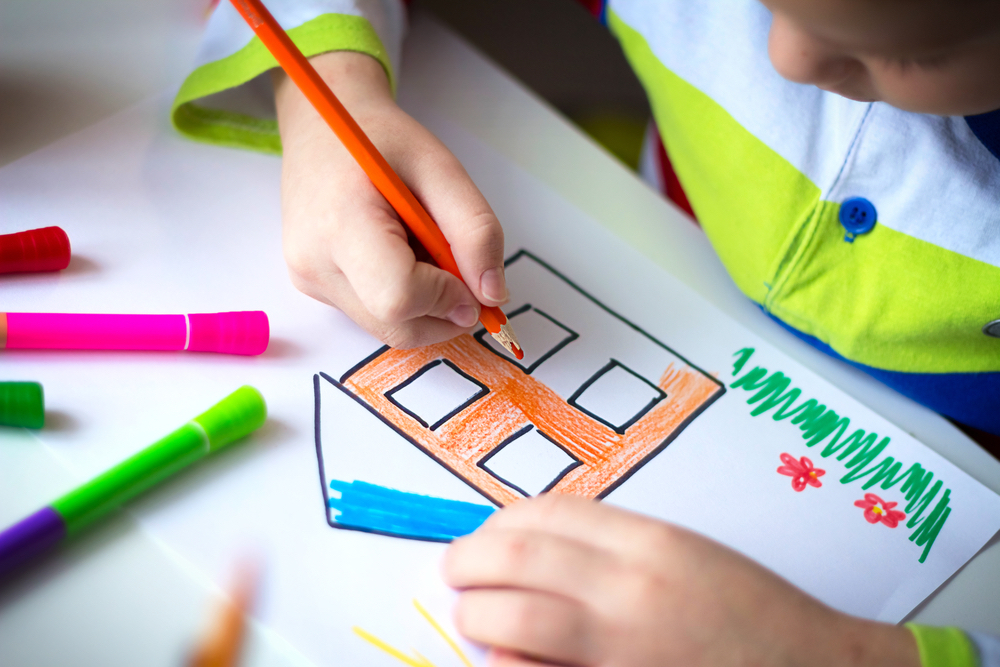Last Saturday was a bright and sunny day, the birds were singing, and I was nervous: I was on my way to get the COVID-19 vaccine.
Until recently I’d been an essential worker in childcare. I was left vulnerable, worried that I’d contract the virus and pass it onto my coworkers, or the children in my care. I’d waited eagerly for the day that I could get vaccinated and could worry just a little less.
Working in childcare has left me vulnerable before. Three years ago, I was working as an early childhood educator assistant in a daycare of 24 children in Victoria, B.C., when I was exposed to the varicella-zoster virus, more commonly known as chickenpox, through contact with an unvaccinated child.
I went to the hospital with what I thought was an allergic reaction. The doctor quickly diagnosed chickenpox and told me to stay at home from school and work until all of my pox scabbed over. “It’ll probably get worse before it gets better,” he said.
Over 150 pox formed on my body. My mouth tasted like metal from the sores that developed over my tongue and throat. I couldn’t work or go to school, which meant that I struggled with money. I was a student living paycheque to paycheque; my sick days weren’t covered. I couldn’t leave the house to buy groceries. I fell behind in school and struggled to keep up.
Chickenpox usually occurs in youth under 14. By adulthood, most people have been vaccinated against or have had the disease, ensuring that they probably won’t contract it again.
When adults contract chickenpox, it’s far more dangerous: we’re more likely to develop serious complications such as pneumonia, inflammation of the brain, bloodstream infections and hemorrhagic complications. One in 3,000 adults who contract chickenpox will die from it.
Born in 1996, I’d missed out on getting the chickenpox vaccine, which was not approved in Canada until 1999 and wasn’t implemented into British Columbia’s vaccine program until 2005.
It shouldn’t have mattered, as I’d had chickenpox already, but I found myself among a small group of people who are able to contract the virus a second time after exposure to a virus carrier. Like COVID-19, the varicella-zoster virus is airborne — it only took a couple of sneezes to introduce chickenpox to the daycare centre.
Out of all the vaccine-preventable diseases, chickenpox is one of the mildest for children. It is not as deadly or severe as polio or influenza.
Vaccinating healthy children for chickenpox is meant to prevent its spread to more vulnerable populations: newborns, unexposed adults, pregnant women, people with weak immune systems and people who are immunocompromised and cannot take the vaccine themselves.

The chickenpox vaccine provides a great example of the public health benefits of vaccination. We vaccinate our kids to develop herd immunity, for the communal good. The more people vaccinated, the less likely those susceptible and vulnerable will run into someone carrying a disease or virus.
The introduction of major vaccinations has significantly decreased or entirely eradicated diseases like whooping cough and polio in Canada. In 1953, there were nearly 9,000 cases of polio in Canada and 500 related deaths; now, Canada is polio-free.
Whooping cough, a debilitating respiratory disease most common in children which can lead to pneumonia, seizures or brain damage in infants has had an 87-per-cent decrease since the vaccine was approved in Canada in 1943 — going from 17,777 cases yearly to 2,332 cases.
The result will be similar for COVID-19, a virus that has killed 23,763 people in Canada and more than three million worldwide as of April 21. Though the vaccine doesn’t fully prevent people from contracting the virus, it helps reduce the risk of getting seriously ill.
Provincial health officer Dr. Bonnie Henry has said the vaccination program is vital for easing the strain on hospitals.
Our decisions on vaccination aren’t just for ourselves. When we get vaccinated, we help protect essential workers, immunocompromised people and our elders. Herd immunity matters: each decision affects someone else.
When I finally got to the vaccination clinic in downtown Victoria on Saturday, the nurse asked me if I was nervous as she watched me bounce in my seat.
“A little,” I said. “It’s mostly nervous excitement though.”
“That’s good,” she replied. “I’m glad you’re excited.”
She walked me through standard questions about health before giving me my shot. Afterwards, I waited the mandatory 15 minutes before leaving to ensure I didn’t experience an allergic reaction to the shot.
As soon as I reached my car, I began crying in relief. One step closer to less danger and a normal world. ![]()
Read more: Health, Coronavirus

















Tyee Commenting Guidelines
Comments that violate guidelines risk being deleted, and violations may result in a temporary or permanent user ban. Maintain the spirit of good conversation to stay in the discussion.
*Please note The Tyee is not a forum for spreading misinformation about COVID-19, denying its existence or minimizing its risk to public health.
Do:
Do not: